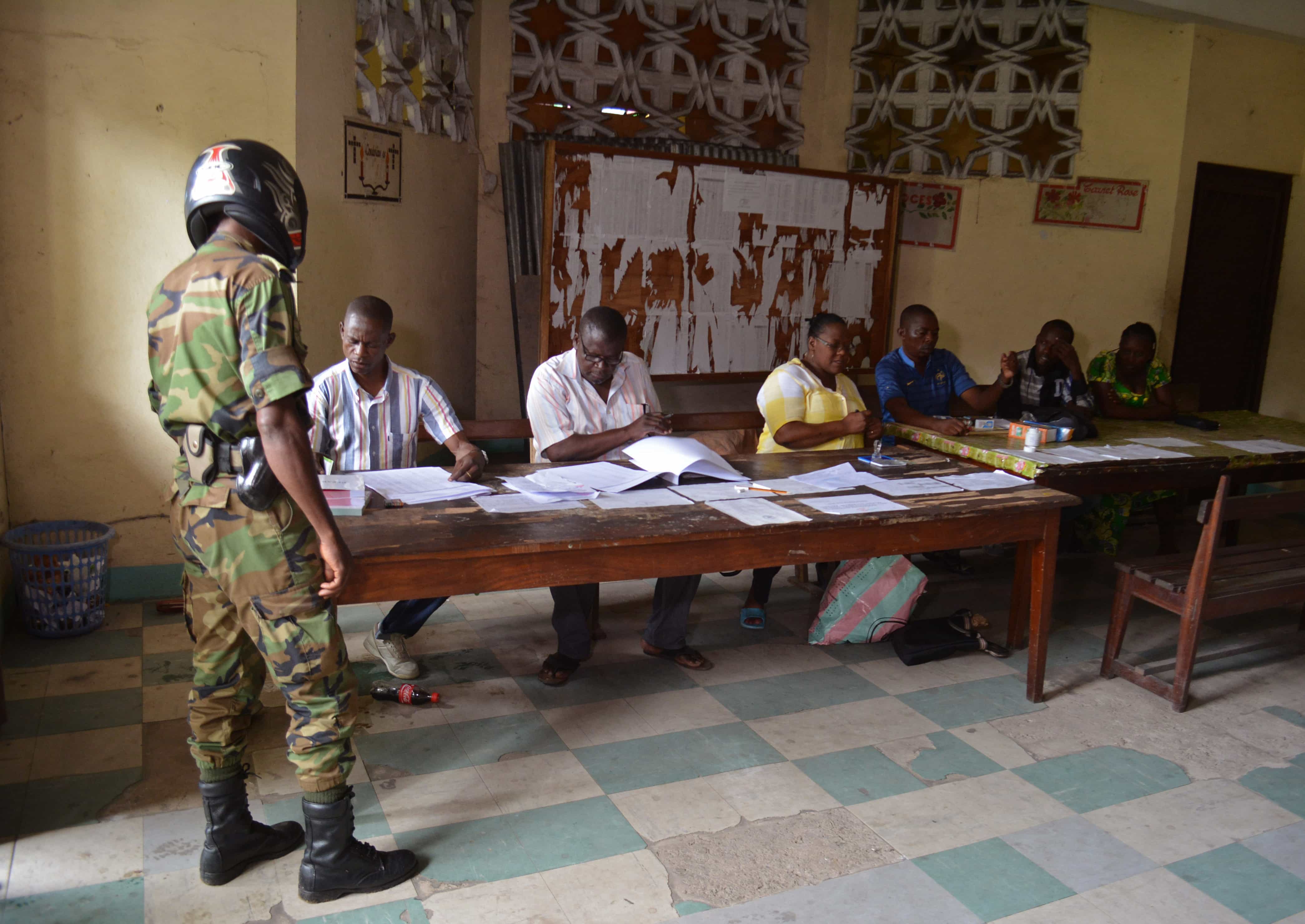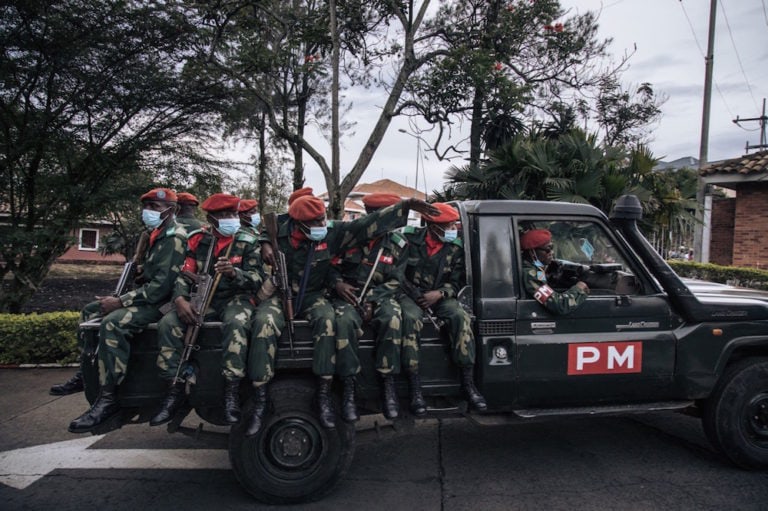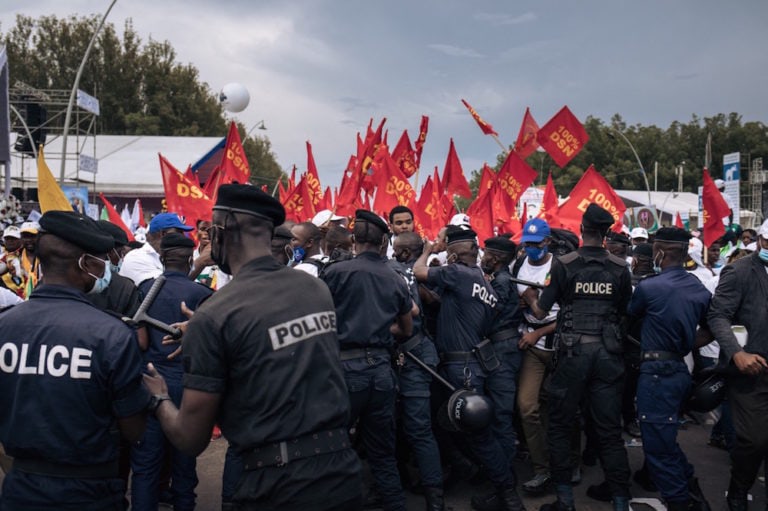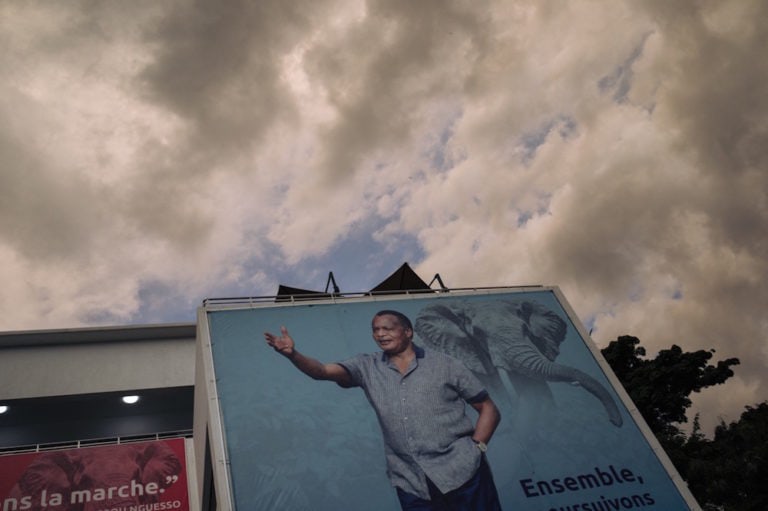The blackout was interpreted as a government manoeuvre designed to keep control of the dissemination of information, especially the elections results.
This statement was originally published on rsf.org on 23 March 2016.
Reporters Without Borders (RSF) condemns the decision by the Republic of Congo’s government to impose a telecommunications blackout that began the day before the 21 March presidential election and is still continuing.
By depriving citizens of access to information and obstructing the work of journalists, the blackout has prevented the election from being transparent.
After interior minister Raymond Mboulou issued an order on 19 March for all telecommunications to be cut for 48 hours, Internet, SMS and telephone connections ceased to function at 1 a.m. on 20 March. Internet and mobile phone services were still not functioning today, although the 48 hours were over.
The blackout was interpreted as a government manoeuvre designed to keep control of the dissemination of information, especially the elections results.
“This suspension of telecommunications is a grave violation of the Congolese public’s right to information and has badly undermined the legitimacy of the presidential election,” RSF said. “We urge the authorities to restore Internet and mobile phone services at once.”
RSF has previously condemned government abuses during the election campaign, violence against journalists who cover the opposition, and the suspension of Internet and phone services during a referendum on 25 October.
The opposition accuses Denis Sassou-Nguesso, the country’s president for the past 32 years, of orchestrating elections that completely lack transparency.
The European Union did not send observers on the grounds that the conditions for a democratic election were not met.
The Republic of Congo is ranked 107th out of 180 countries in RSF’s 2015 World Press Freedom Index.



